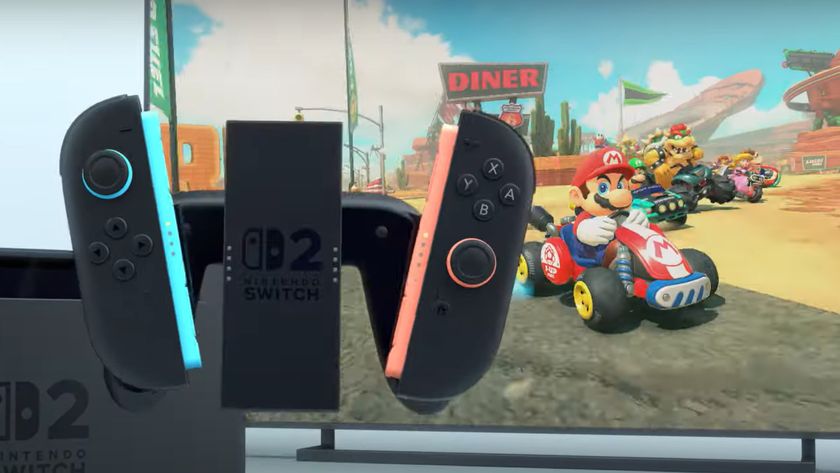High Horse: The games of next year, today!
The best and the most influential games are rarely the same thing

High Horse is a rotating opinion column in which GamesRadar editors and guest writers are invited to express their personal thoughts on games, the people who play them and the industry at large.
Game of the Year. Hefty praise, and something the developers of most AAA titles strive for. The award, as given by a variety of publications, is recognition of the developer’s mastery of the medium. It’s a celebration of the culmination of the best elements of game design coming together to create the best experience possible that year.
This year, the big winners among the major publications were Elder Scrolls V: Skyrim, Portal 2, and The Legend of Zelda: Skyward Sword. Last year, the big winners were Red Dead Redemption, Super Mario Galaxy 2, and Mass Effect 2.
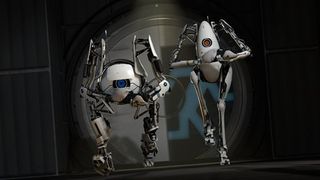
Notice a trend? Yup, they’re all sequels (at least spiritually). But it’s deeper than that. They’re all titles that have utilized formulas that have been around forever. They’ve perfected tropes and concepts that were invented years and years ago to create a perfect, well-crafted experience. And there’s nothing wrong with that. We should be recognizing the finest craftsmen of our medium.
But, man. Yawn. With the exception of a few folks, pretty much everyone accepts those games as great. General consensus is boring. It also encourages complacency. Why bother trying something new if we’re only willing to celebrate what’s been perfected over years and years of testing at the hands of consumers?
We should be discussing what I’d like to refer as “important” games. Before I get into that, we should probably define what I mean by important. I’m not talking about games that sell millions upon millions of copies, thereby encouraging a flood of copycats and commercial trends in games. I’m talking about games that potentially point toward what games could become. For the sake of argument, most of the games I’d like to discuss are either flawed in some way, or have niche appeal for one reason or another.
More often than not, the games that garner the most discussion are those that will end up being the most important when it comes to the future. My personal favorite example (which I’ve discussed a lot in this very column) is Dark Souls. It may have sold well, but its niche gameplay and technical issues kept it from becoming lauded as a Game of the Year contender. Yet its focus on minimal storytelling, combat designed for only the most game-literate players and demanding save system are elements I can guarantee will start popping up elsewhere.
Sign up to the 12DOVE Newsletter
Weekly digests, tales from the communities you love, and more
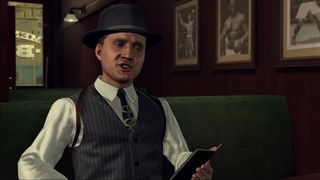
One of the most divisive games of the year was LA Noire. It caught a lot of flak for its plodding storyline, not-so-open world and highly questionable interrogation system. Cole Phelps, though, is one of the most interesting game protagonists to come along in a while. In fact, I’d hesitate to even call him a protagonist. He’s a fairly despicable man, prone to heated outbursts and hateful speech. He’s also the best example of an unreliable narrator we’ve seen in gaming, so unreliable that we can’t even be sure what he’s going to do when he’s under our control. That feeling of discomfort due to being unsure what Phelps is going to do when you hit that Doubt button is a powerful feeling, and one that is undeniably interesting.
Along the same lines, The Witcher 2 explores choice in a way most games aren’t willing to do. Making a choice may lead you down one path in which you’ll miss huge swaths of the game without even knowing the other direction was available to you. Many players get upset about being unable to see everything a game has to offer (LA Noire was also criticized for this), but in order for player choice to really carry weight, it has to have consequences. And no game has consequences quite as big as The Witcher 2.
In the land of the indie titles, there’s Frozen Synapse and the BIT.TRIP collection. Both are examples of developers taking old-school genres and completely changing them up to create something really interesting. Frozen Synapse tweaks the turn-based strategy genre by simply having each player’s turns happen at the same time. Add not being able to see an opponent’s soldiers unless they’re in the line of sight of your friends, and Frozen Synapse becomes a wonderful, occasionally terrifying expression of the uncertainty of violent combat.
The BIT.TRIP series may not have all come out this year, but they were released as a collection, so cut me a break here. Just like Frozen Synapse, they take old-school genres and subvert them to do something previously unexplored. Through six games, they subtly tell the story of Commander Video’s life through abstract storytelling and gameplay mechanics. With no written words or voice-overs, they manage to express his story of the joy of life, rage, failure, and ultimately redemption. Both of these indie titles hint that there’s more to be explored with these “retro” genres if developers are willing to diverge from the expected path.
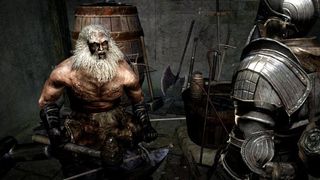
In order to fully appreciate what these games have to offer, we’ll have to get past the obsession with the “perfect” game. Making the fans happy has never been what advanced an artistic medium. As fans, as critics, we should certainly praise games that have reached the pinnacle of their genre, but we can’t forget those that are breaking them down and putting them back together in new, interesting ways. Even if they fail, they often offer something others haven’t tried yet, and that’s incredibly important. I’m rarely inspired by games that simply perfect ideas that are already out there. And I imagine that there’s more out there like me.
So let’s keep these Game of the Year awards, but let’s toss in some new categories. The Witcher 2 Award for Most Interesting New Choice Element. The Far Cry 2 Award for Best Attempted Subversion of Videogame Tropes. The Deadly Premonition Award for Worst Game That Could Change It All. The LA Noire Award for Most Interesting Protagonist That We Kind of Hate. Why not? Let’s celebrate attempts and failures, not just sure things.
Taylor Cocke is a Los Angeles-based writer and producer who spends too much time watching numbers go up in MMOs and ARPGs. You name it, he's written and/or produced for them, which is shocking considering the aforementioned MMO playing.
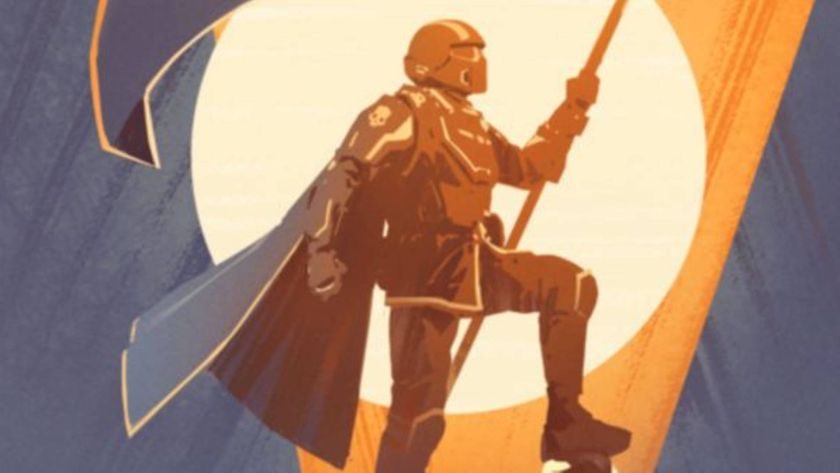
Helldivers 2 CEO says industry layoffs have seen "very little accountability" from executives who "let go of one third of the company because you made stupid decisions"
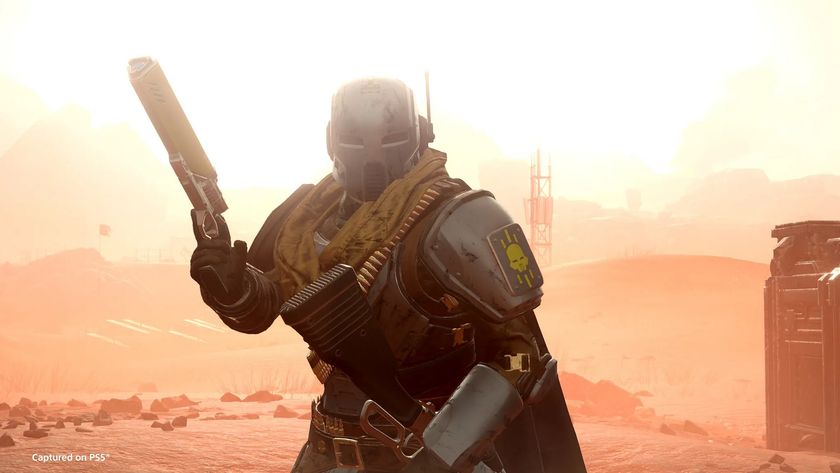
"Games that get 19% user score do not generally recover": Helldivers 2 CEO reflects on Arrowhead's "summer of pain" and No Man's Sky-inspired redemption arc
